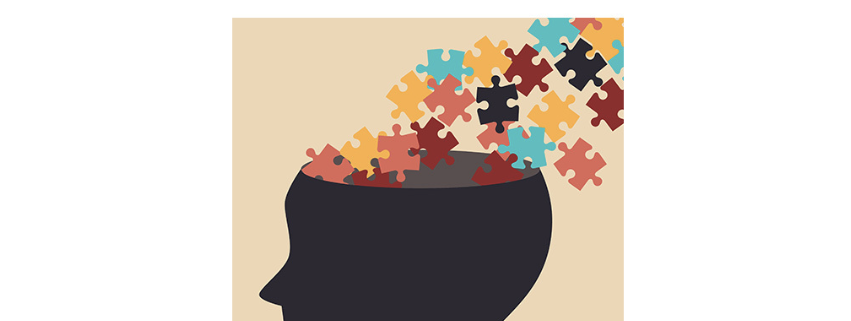
An apple a day is meant to keep the doctor at bay but is the same true for crosswords. Many of us may have grandparents that swear by crosswords and other puzzles as a way of keeping their brains active. But does it actually work? Should we all start solving more puzzles each day to reduce the risk of cognitive decline?
ads
Cognitive Decline Increases The Older We Get.
Statistics from the American Academy of Neurology suggest that cases of mild cognitive impairment are more common the older we get. This could be problems with short-term memory, concentration, language, or decision-making. They suggest that around affects about 85 of those aged 65-69 experience this, rising gradually to 10% of people 70-74 and 15% of 75-79. However, this jumps to 25% of those between 80 and 84, and then a staggering 37% aged 85 and older.
Cognitive decline isn’t just a case of forgetfulness, nor it is a guaranteed sign of dementia. It can slowly worsen with time, but that progress can decrease with the right proactive action. That is why researchers are so keen to figure out the best activities for cognitive health, especially in seniors.
Research Shows That Daily Crosswords Are Surprisingly Helpful.
One study of particular interest was carried out by the National Institute on Aging. They took a group of 107 adults of varying ages who had signs of mild impairment in some way. Over 12 weeks, the participants would either enjoy 30 minutes on a cognitive training platform, 4 times a week, or spend the same amount of time attempting digital crosswords.
The Lumosity program used for the study was specially designed to improve cognitive function. Therefore, researchers expected those using this program to fare better in post-study tests than those that did crosswords. However, analysis into cognitive decline scores, brain functionality, and brain volume showed more significant improvements in those that solved crosswords.
These Findings Support Those Advising Us All To Stay Mentally Active.
As we get older, we will all hear general advice about staying physically and mentally active to help our health and well-being. These studies are encouraging for older patients because not only were the activities effective, but the most effective often prove to be pretty easy to add to a daily routine. A daily crossword with a morning coffee doesn’t require too much effort or habit-forming but can have significant results.
In addition to doing daily crosswords, we can add other challenging intellectual tasks to our day. For example, Ronald C. Petersen, from the Mayo Clinic’s Alzheimer’s Disease Research Center, suggests watching a documentary or attending a lecture.
A Daily Crossword Or Other Puzzling Activity Could Help Many Of Us Reduce Mental Decline.
It is important to note that these recommendations tend to relate to the retired and elderly. But, this doesn’t mean that we can’t start earlier than that. Middle-aged adults could reduce the onset of decline, as some of those in the Luminosity study were aged 55-60. Millennials could boost their cognitive function too for better productivity. So, whatever your stage in life, consider adding a daily crossword to your morning routine.